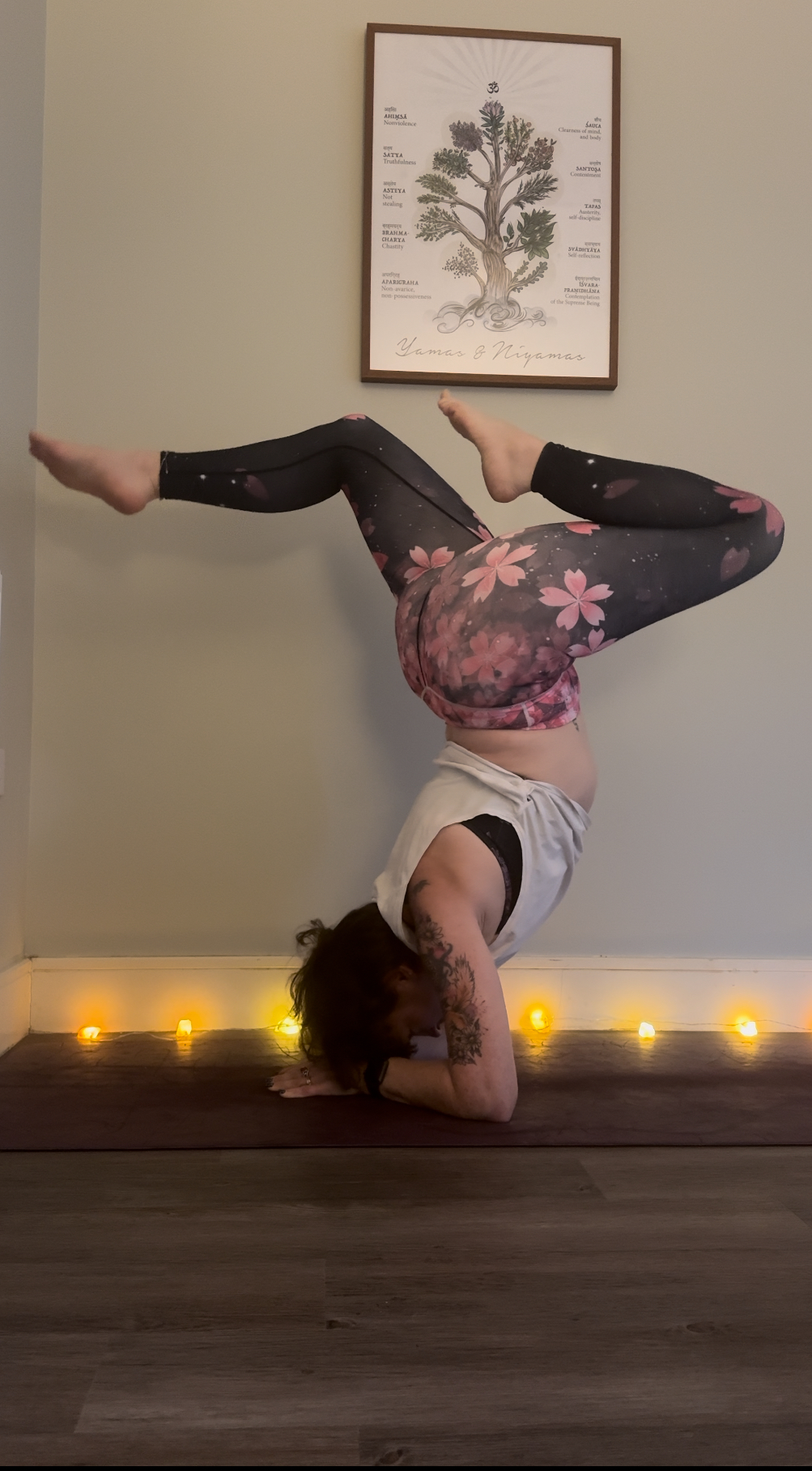
Oversharing v Oversensitivity
- Sam Davis (founder of MYA)

- Feb 5, 2025
- 2 min read
This is such a fascinating topic because it really highlights the paradox of ADHD - especially in the context of perimenopause, when emotional regulation is even more fragile. On one hand, rejection sensitivity dysphoria (RSD) can make even the slightest criticism feel unbearable, triggering a deep sense of shame, inadequacy, or even a full emotional spiral. But on the other hand, many of us with ADHD have developed a kind of emotional resilience that allows us to be brutally honest about ourselves, to share our struggles openly, and to put our real, unpolished selves out into the world - sometimes in ways that would terrify neurotypical people.
Why does this happen? One theory is that this honesty is actually a defence mechanism. We know that rejection is painful, so sometimes we try to beat people to the punch by exposing our flaws before they can be used against us. “If I make the joke first, it can’t hurt me”, “If I admit to my struggles, no one can call me a fraud”. This kind of radical honesty can be incredibly freeing, but it can also leave us wide open to exactly the kind of rejection we are most afraid of.
The cognitive dissonance is real: how can we be so raw and unfiltered, yet so deeply affected by what others think? I think part of it comes down to control. When we choose to share our own struggles, we feel in control of the narrative. But when criticism or rejection comes from the outside, it blindsides us - we weren’t prepared for it, and we didn’t get to frame the conversation ourselves. That’s when the emotional walls come crumbling down.
Perimenopause just makes this all even more intense. The fluctuations in oestrogen and dopamine make emotional regulation even harder, so the swings between feeling incredibly brave and incredibly fragile can be even more extreme. One minute, we feel like warriors, telling our stories and owning our truths. The next, one offhand comment or bit of criticism can feel like an unbearable weight.
So how do we navigate this? Maybe by recognising that both sides of this experience are valid. We are incredibly strong - we have to be, to keep showing up as our whole selves. And we are incredibly sensitive - and that’s not a weakness, it’s just part of how we’re wired. Maybe the trick is to build self-compassion, to remind ourselves that we don’t have to be invincible all the time, and to recognise that vulnerability isn’t just something we put out into the world - it’s something we owe ourselves too.


Comments